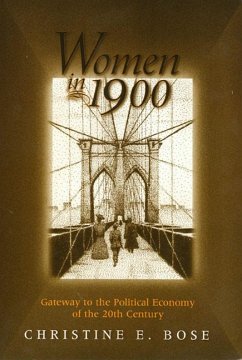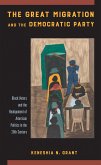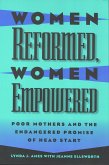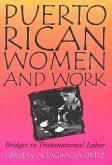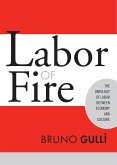The past is more relevant to the present than we often believe. There are historical roots to seemingly new concerns, frequently raised as social problems, which connect the beginning and the end of the twentieth century. For example, ethnic enclaves, which provided employment networks for women, existed in domestic work long before their recent rediscovery among ethnic men. Female-headed households and single mothers have also been around for a long time, but in 1900 they had to support themselves in the absence of large state or federal welfare programs. By creatively re-analyzing census data, the author explores women's place in the U.S. political economy at the beginning of the twentieth century, viewed from the national level, but highlighting the variations in women's experiences according to racial ethnic background, class, and geography. Since this past is often used as a baseline for judging changes during the subsequent one hundred years, it is important to understand it on its own terms. Since this was also a period of economic transformation and high immigration, it is a key time to observe women's changing work options. Among them are the large volume of women's uncounted work in the informal economy; the individual, household, and geographic characteristics that predicted their formal employment; and the occupational segregation experienced by women of differing racial ethnic backgrounds.
Hinweis: Dieser Artikel kann nur an eine deutsche Lieferadresse ausgeliefert werden.
Hinweis: Dieser Artikel kann nur an eine deutsche Lieferadresse ausgeliefert werden.

